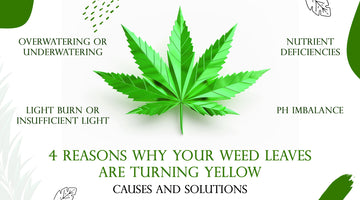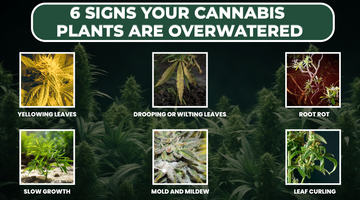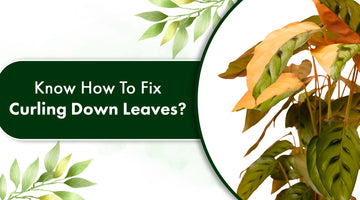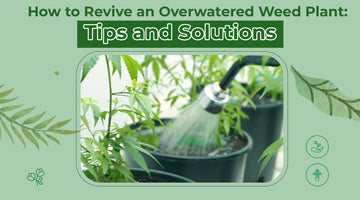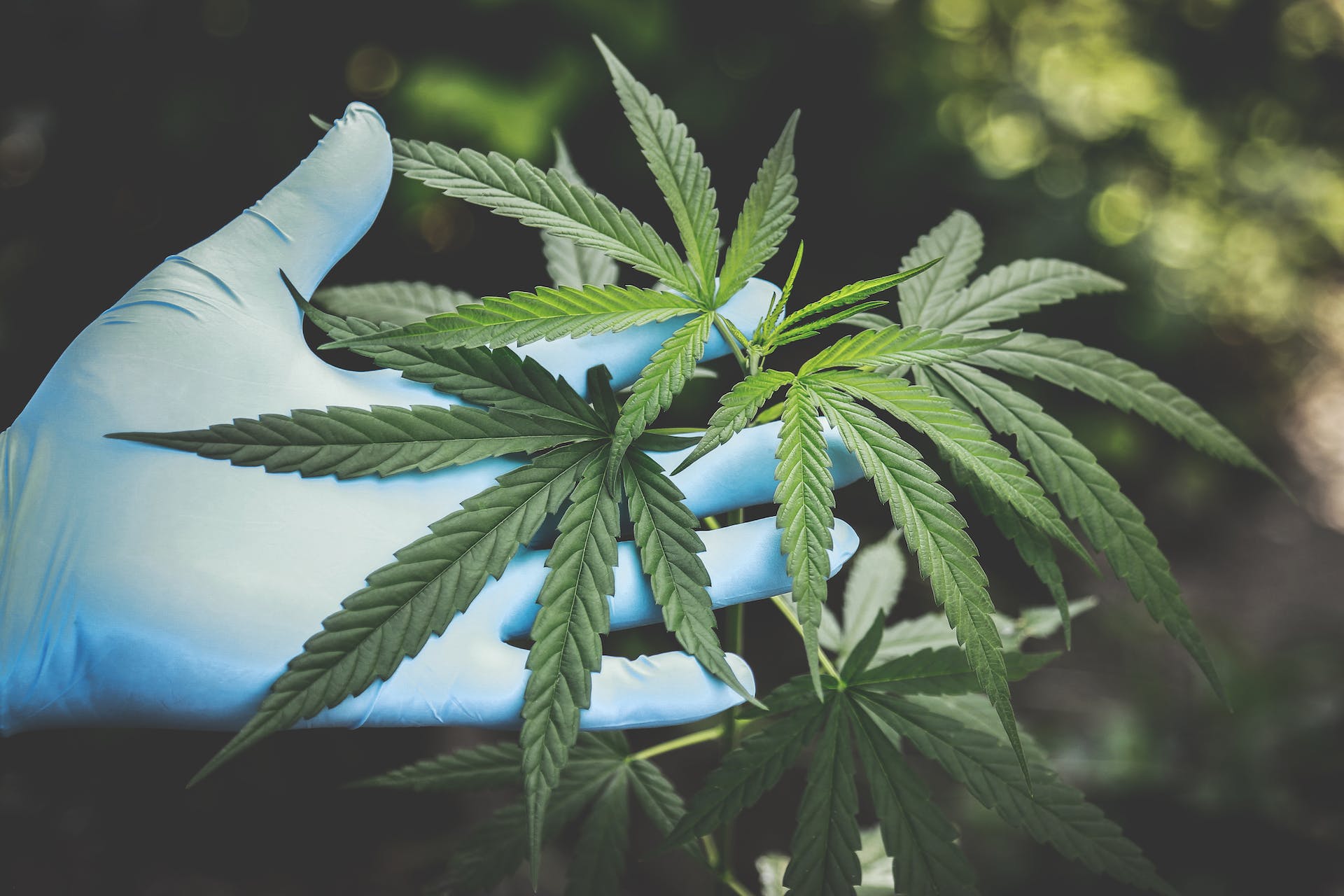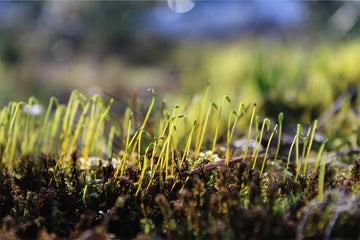
Seed germination is a critical stage in the life cycle of a plant. Getting seeds to successfully germinate and grow into healthy seedlings sets the foundation for a thriving garden. However, it can be a delicate process that requires the right conditions and techniques. In this blog post, we will share valuable tips to help you achieve successful seed germination and planting, ensuring the best possible start for your garden.
1. Choose Quality Seeds: The first step towards successful seed germination is selecting high-quality seeds. Choose reputable seed suppliers like Higher Quality Seed Corp. to ensure you are getting seeds that are fresh, viable, and free from disease. Read the seed packets or labels for information on ideal germination conditions, including temperature and light requirements.
2. Provide Optimal Growing Conditions: Most seeds require specific conditions to germinate. Ensure you understand the needs of the seeds you are planting. Factors like soil temperature, moisture levels, and light exposure play crucial roles. Use a well-draining seed-starting mix to provide a suitable growing medium, and maintain consistent moisture without overwatering. Some seeds benefit from pre-soaking or scarification techniques, which can help break dormancy and improve germination rates.
3. Timing is Key: Timing is essential when it comes to seed germination. Research and follow the recommended planting times for different plant varieties in your region. Some seeds require an indoor start several weeks before the last frost date, while others can be directly sown outdoors. Understanding the optimal timing ensures that your seeds have the right conditions and adequate time to germinate and establish before unfavorable weather arrives.
4. Proper Seed Depth and Spacing: Pay attention to the recommended planting depth for each seed type. Planting too deep can inhibit germination, while planting too shallow may expose the seed to excessive drying or temperature fluctuations. Additionally, ensure adequate spacing between seeds to allow room for growth and prevent overcrowding. Crowded seedlings can compete for resources and lead to weak, stunted plants.
Successful seed germination and planting are vital steps in establishing a healthy and productive garden. By choosing quality seeds, providing optimal growing conditions, timing your plantings correctly, and following proper planting depths and spacing, you set the stage for robust seedlings and thriving plants. Remember to monitor and adjust watering, lighting, and other factors as needed. With these tips in mind, you'll increase your chances of achieving successful seed germination and setting your garden on the path to bountiful growth and beauty. Happy planting!

